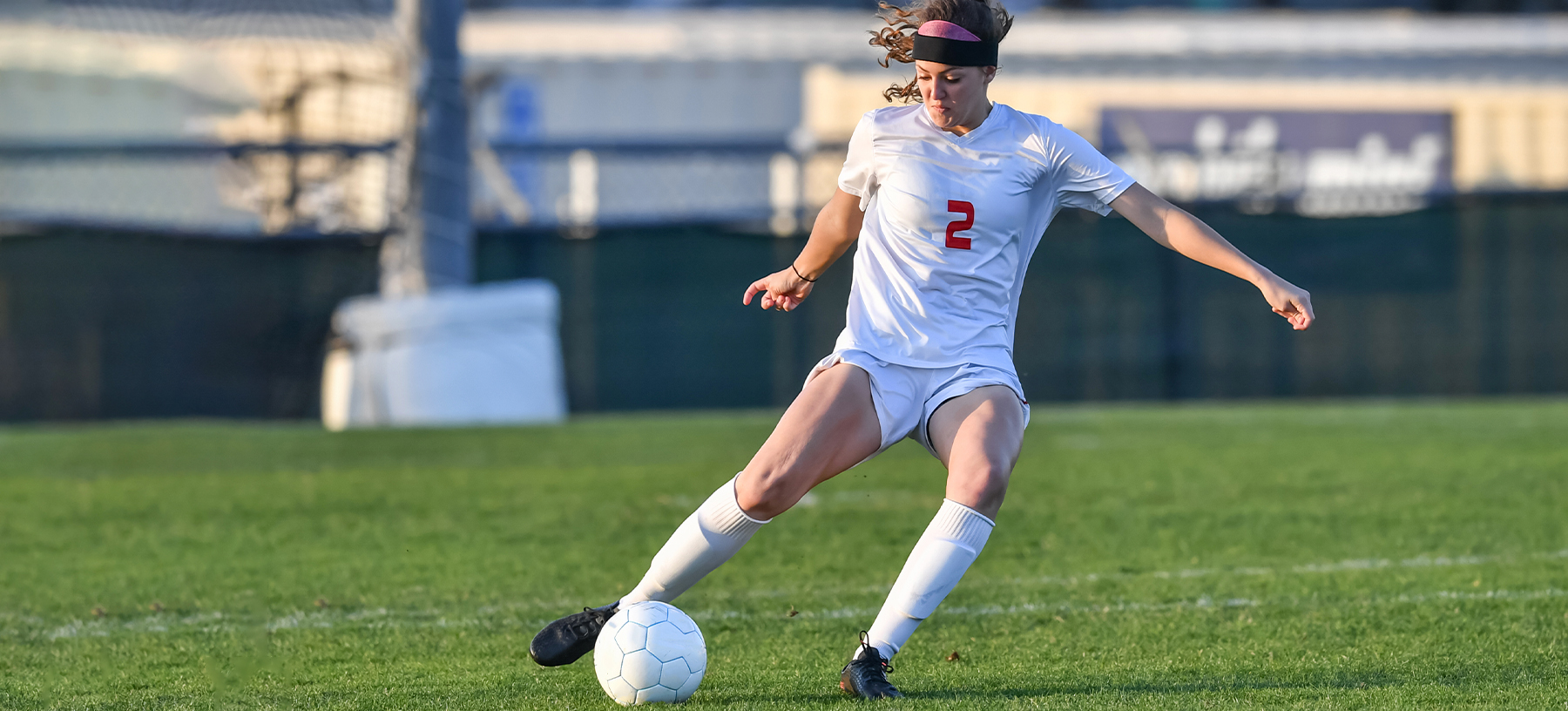- info@westlakesportsmed.com
- 737-237-5750
- 5656 Bee Caves Rd. Suite F-201 Austin, TX 78746


In some cases, we may recommend regenerative therapies such as Platelet-Rich Plasma (PRP) or exosome-based treatments to support healing from the inside out. PRP uses concentrated components from your own blood—rich in growth factors—to reduce inflammation and stimulate tissue repair in the affected joint. Exosome therapy delivers powerful cellular messengers that can enhance regeneration and improve joint function.
These advanced, non-surgical options are designed to promote long-term recovery and may be ideal for patients seeking alternatives to medication or more invasive procedures.

At Westlake Sports Medicine, our approach to meniscus injuries focuses on whole-body healing—not just symptom relief. We often incorporate targeted physical therapy to strengthen the muscles supporting the knee, improve joint stability, and reduce mechanical stress on the meniscus.
In addition, we may recommend nutritional strategies, lifestyle adjustments, and evidencebased supplements to support your body’s natural healing processes, reduce inflammation, and promote long-term joint health.
When conservative treatments aren’t sufficient—or if the tear is more severe—we may discuss arthroscopic surgery as a final option. This minimally invasive procedure uses a small camera and specialized instruments to either trim or repair the damaged meniscus, depending on the type and location of the tear.
At Westlake Sports Medicine, surgery is always considered a last resort, reserved for cases where non-operative care has been fully explored and proven ineffective.